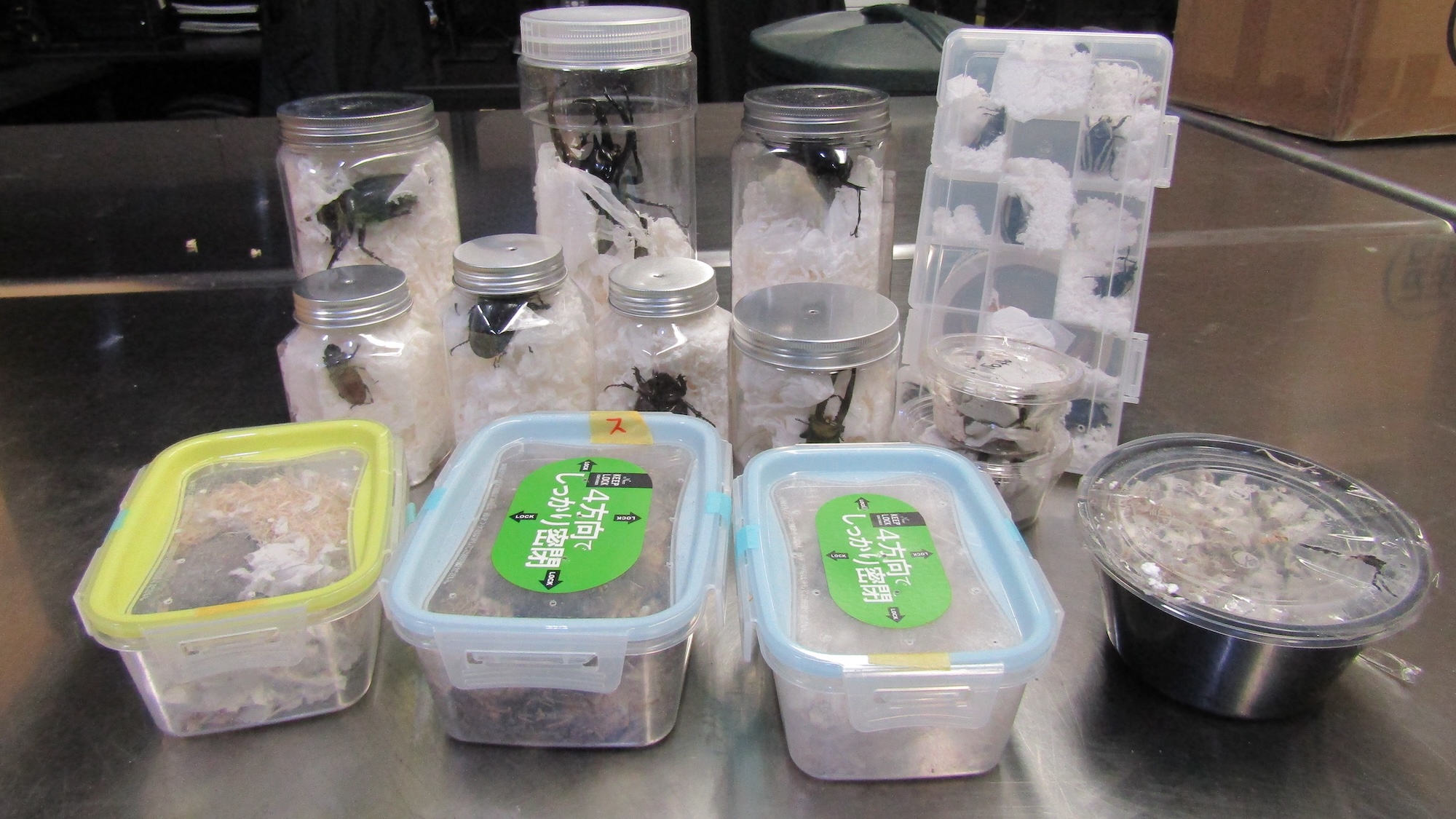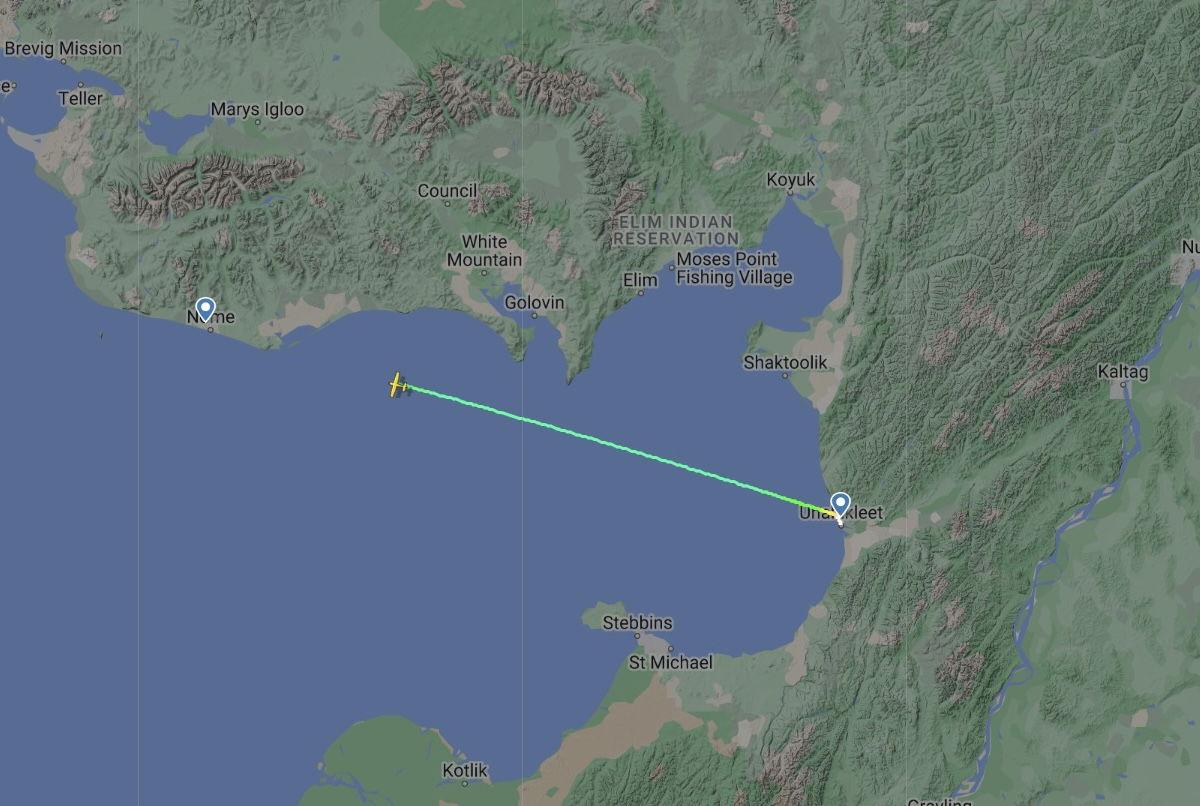Smugglers try to disguise giant beetles as Japanese snacks, unsuccessfully
The black market bug haul totaled $1,480. The post Smugglers try to disguise giant beetles as Japanese snacks, unsuccessfully appeared first on Popular Science.

It sounds like the stuff of nightmares: you open a bag of potato chips hoping for a snack, only to find a 6-inch-long stag beetle crawling inside the container. Now multiply that scenario 37 times. That was the case last month at the Los Angeles International Airport, according to a February 5th announcement from the US Customs and Border Protection, when agricultural specialists seized over three dozen packages. Although intended to resemble various Japanese chips, chocolate, and other food items, each bag actually housed a smuggled, invasive insect frequently coveted by collectors on the black market.
[ Related: Montana breeder of illegal, giant sheep hybrid clones gets 6 months in prison ]
“Enthusiasts enjoy seeing them fight against each other during mating season,” a CBP spokesperson said in an email to Popular Science. “While they may be cool pets to have at home—if the insect escapes it can definitely cause significant damage to plants and trees.”
“They may look harmless but in reality, smuggled beetles pose a significant threat to our vital agriculture resources,” Cheryl Davies, CBP’s Los Angeles Director of Field Operations, said through Wednesday’s press release. “Beetles can become a serious pest by eating plants, leaves, and roots and by laying eggs on tree bark which damages our forests.”


To properly import live insects into the US, purchasers need to obtain multiple USDA permits, or a letter issued by the agency’s Plants, Pathogens, and Biocontrol unit.
Although the seized beetles were valued in total at around $1,480, the alleged smugglers may face larger penalties. Those can include years in prison, large fines, and forfeiture of the goods. Authorities subsequently turned the beetles over to USDA officials, who are responsible for assessing what to do with contraband animals. According to the CBP, the beetles will likely be donated to various zoos that already possess the correct legal permits.
The 37 beetles are a comparative drop in the bucket compared to the CBP agriculture specialists’ total daily nationwide seizures. On a “typical day,” the agency reports an average of over 3,287 illegal meats, plants, and other animal byproducts, as well as more than 231 “agricultural pests.”
The post Smugglers try to disguise giant beetles as Japanese snacks, unsuccessfully appeared first on Popular Science.















































































